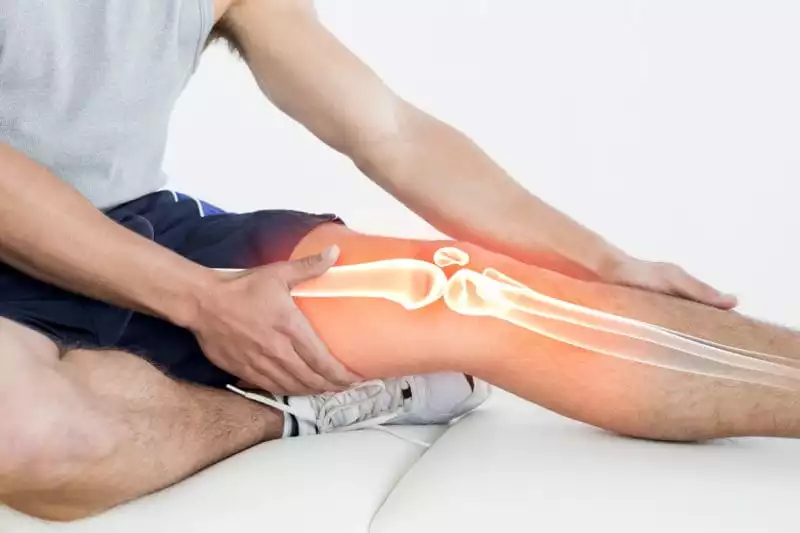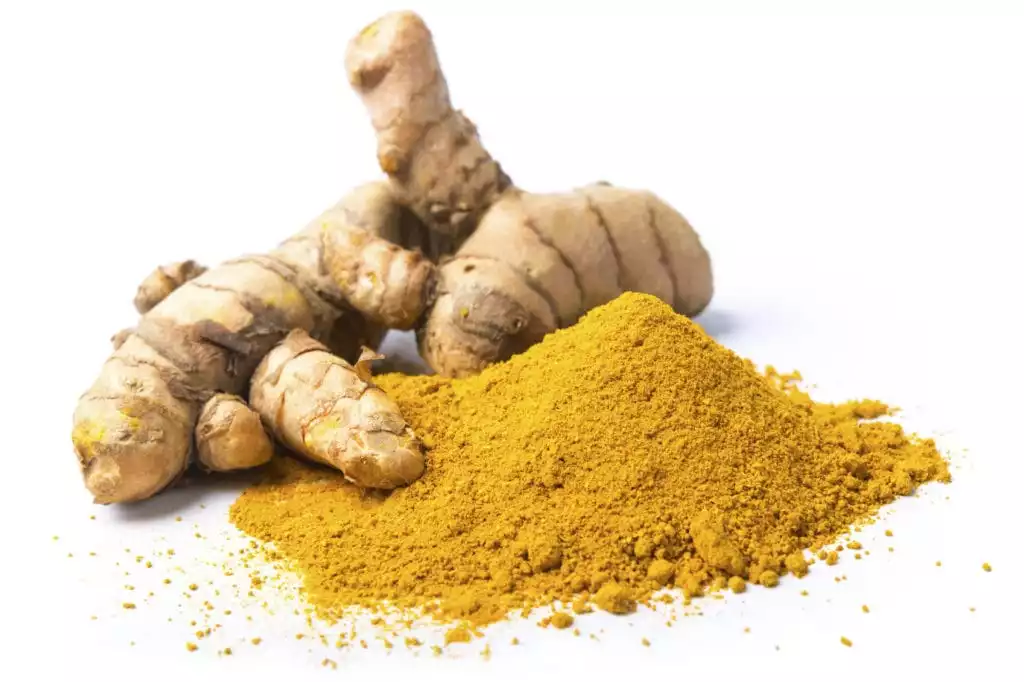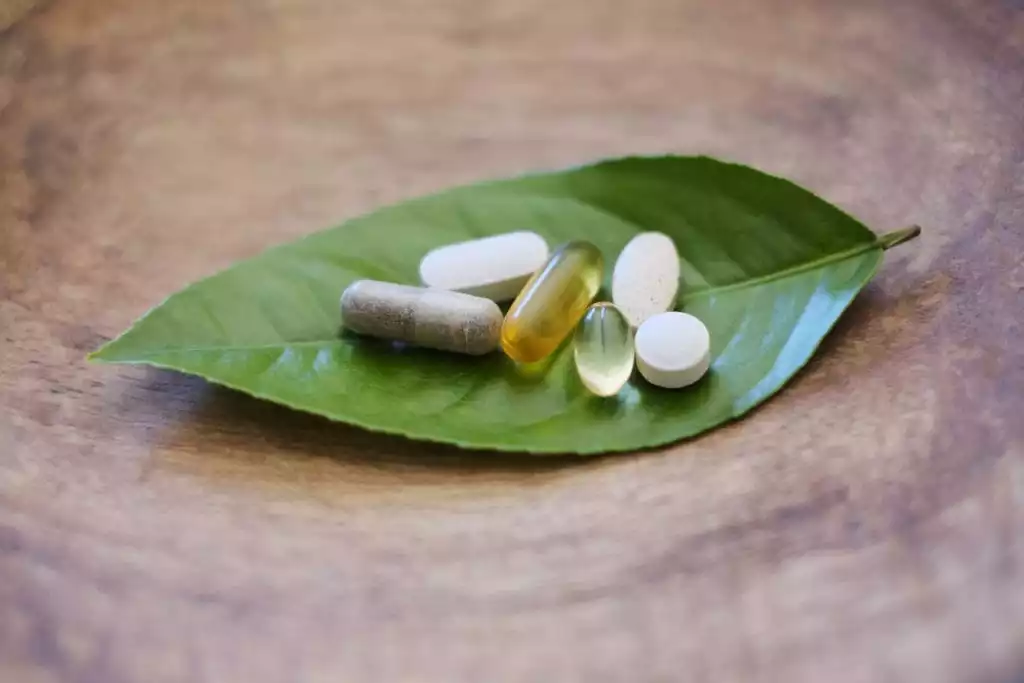
As America’s population ages, so, too, does the rate at which Americans experience age-related health struggles. This includes degenerative joint conditions like osteoarthritis that impact the spine, wrists, shoulders, neck, hips, knees, ankles, and just about every other joint in the human body. When these conditions strike, they can cause immense and difficult-to-control pain, not to mention further damage to the joints and life-impacting mobility problems.
Although most degenerative joint conditions aren’t truly curable, research shows that eating a healthy diet, getting enough exercise, and sometimes, taking certain supplements can slow degeneration or even contribute to joint repair over time. These five supplements aren’t miracle cures, but they do show a proven track record for helping patients reduce pain, inflammation, and associated degenerative symptoms.
1. Turmeric
Most patients think of turmeric as something they’d find in the kitchen spice rack, but this glorious golden spice boasts a secret medicinal use. Although the jury is still out on exactly how helpful turmeric is, several studies indicated a possible link between lower levels of inflammation in the body and regular daily ingestion.
Even the Arthritis Foundation supports turmeric as a supplement. They correctly claim that the spice acts as a cyclooxygenase-2 (COX-2) inhibitor in the body; this is the same target as prescription arthritis drug celecoxib (Celebrex).
Most sources seem to agree that the most effective dose is somewhere around 400 mg to 600mg three times per day, but you can also include turmeric in your food or make Golden Paste at home. Either way, your food will be delicious, and you’ll benefit from its inflammation-busting powers all at the same time.
2. Vitamins A, C, D, and E
We’ve grouped these vitamins together since they work best when taken at the same time, but each does relieve joint degeneration symptoms in a slightly different way.
- Vitamin A is a powerful antioxidant that empowers your body to clear out free radicals that may encourage degeneration in the first place. Vitamin C serves the same benefit.
- Vitamins D and E both aid joint problems by providing your body with essential amino acids that reduce inflammation directly and encourage joint repair.
The best way to get more Vitamins A, C, D, and E is to eat foods that contain these vitamins in the first place. Short of that, including an age-appropriate multivitamin is an excellent alternative.
It is important to note that these vitamins may interfere with certain medications, including some prescriptions for autoimmune arthritis, heart disease, or high blood pressure. If you’re currently taking medication, ask your doctor how you can safely include vitamins rather than initiating your own treatment protocol.
3. Selenium
Selenium is an essential mineral your body required for survival (not to mention optimal performance), but recent research identifies that it may also play a role in your ability to create and grow new cartilage. Other studies show a remarkable ability for selenium to reduce overall inflammation throughout the body, including at the source of joint degeneration. It’s likely that these two benefits are linked, though researchers continue to explore selenium’s role within the body and how patients can best benefit from the mineral.
Although it’s extremely rare for patients to experience true selenium deficiencies, we do know that certain conditions can strip the body of selenium, meaning you require supplementation to maintain the same levels. This includes Hashimoto’s Disease, Crohn’s Disease, and certain other autoimmune or inflammatory disorders. Many chronic disease specialists recommend selenium supplementation to offset this loss.
Because supplementation needs are so small (the recommended daily dietary amount of selenium is just 55 micrograms), it’s best to speak with your doctor or pharmacist to find your ideal dose. The average supplementation dose is around 200 micrograms. Anything over 400 micrograms is an overdose and may produce uncomfortable symptoms.
4. Glucosamine and Chondroitin
Glucosamine and chondroitin are two of the most commonly-suggested supplements for joint degeneration, and with good reason. Over the last 20 years, they’ve been the subject of many studies that show they can enable your body to repair and slow cartilage loss or damage (including discs). When taken together, they provide a double benefit that rivals even some prescription medications over time.
Glucosamine itself exists in your body naturally as a precursor to cartilage; as we age, our glucosamine levels drop. That may play a role in why older patients experience a higher rate of cartilage loss over time.
Chondroitin is a substance found in human (and animal) connective tissue that also plays an intimate role in joint repair.
Doctors recommend taking both of these supplements together because doing so will increase your potential benefit. While glucosamine encourages your body to develop new cartilage, chondroitin tells your body to strengthen or develop the connective issues around your joints (including tendons, muscles, ligaments, and even skin). It’s a holistic supplement option that aids the entire joint.
5. SAM-e
SAM-e, or S-adenosylmethionine, first gained popularity as a supplement in the 1990s. Like glucosamine and chondroitin, it exists in the body naturally and may play a role in the aging process.
In terms of joint degeneration and/or joint repair, multiple studies identify a link between SAM-e supplementation and improved joint health, reduced inflammation within the joints, and slower osteoarthritis-related degeneration. Researchers also believe that SAM-e may be useful for comorbid liver or bile problems (including gout). In fact, support for SAM-e’s usefulness within certain conditions is so high that the substance is often used to treat very serious health concerns in hospital, where doctors deliver it via IV.
For the average patient, IV treatment just isn’t necessary. The Mayo Clinic breaks up appropriate dose and delivery method via specific condition; their suggestions are available here. For arthritis, they recommend 600 mg to 1,200 milligrams by mouth three times per day.
Talk to Your Pharmacist
Navigating the world of supplements can be complex and downright confusing, especially when you’re trying to treat multiple health issues at the same time. The best way to use supplements to reduce joint degeneration issues and encourage joint repair is to speak with your pharmacist about your options. He or she can assess your needs and cross-check your records for supplement safety — just drop by!

 info@burtsrx.com
info@burtsrx.com

